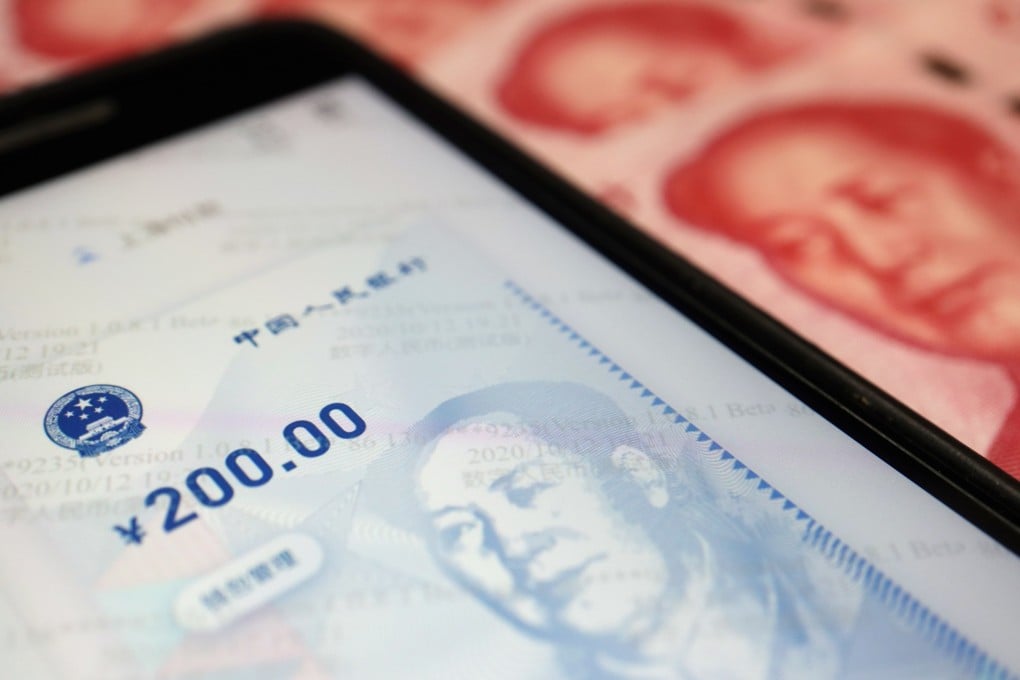Advertisement
China digital currency to ‘provide backup’ for Alipay, Tencent’s WeChat Pay if ‘something happens’ to internet giants
- China’s central banks says the government digital currency is needed to ensure stability if Alipay and WeChat Pay hit financial or technical problems
- China has also called on major central banks to work together to ensure sovereign digital currencies are compatible with each other
Reading Time:3 minutes
Why you can trust SCMP
2

A key objective of China’s sovereign digital currency is to maintain financial stability should “something happen” to Alipay and Tencent’s WeChat Pay, the two private platforms that dominate the nation’s vast digital payment market, the country’s central bank has said.
China is steaming ahead with the roll-out of its digital yuan, carrying out pilot trials in cities across the country as it shifts to a cashless society that will give authorities unprecedented powers to survey the nation’s payment and financial system.
At the same time, Beijing has stepped up scrutiny of its sprawling fintech system, showing just how serious it is about reining in malpractice among the nation’s internet behemoths and reducing the risk of financial contagion in the world’s second largest economy.
Advertisement
Speaking in an online panel discussion on Thursday, Mu Changchun, the director general of the digital currency institute at the People’s Bank of China (PBOC), outlined how the two policy agendas dovetailed.
In order to provide a backup for the retail payment system, the central bank has to step up and provide a central bank digital currency service
“Everybody knows we have two big players in the retail mobile payment market, Alipay and Tencent Pay,” Mu said at the event organised by the Swiss-based Bank of International Settelments (BIS). “They have already taken 98 per cent of the mobile payment market.
Advertisement
Advertisement
Select Voice
Select Speed
1.00x